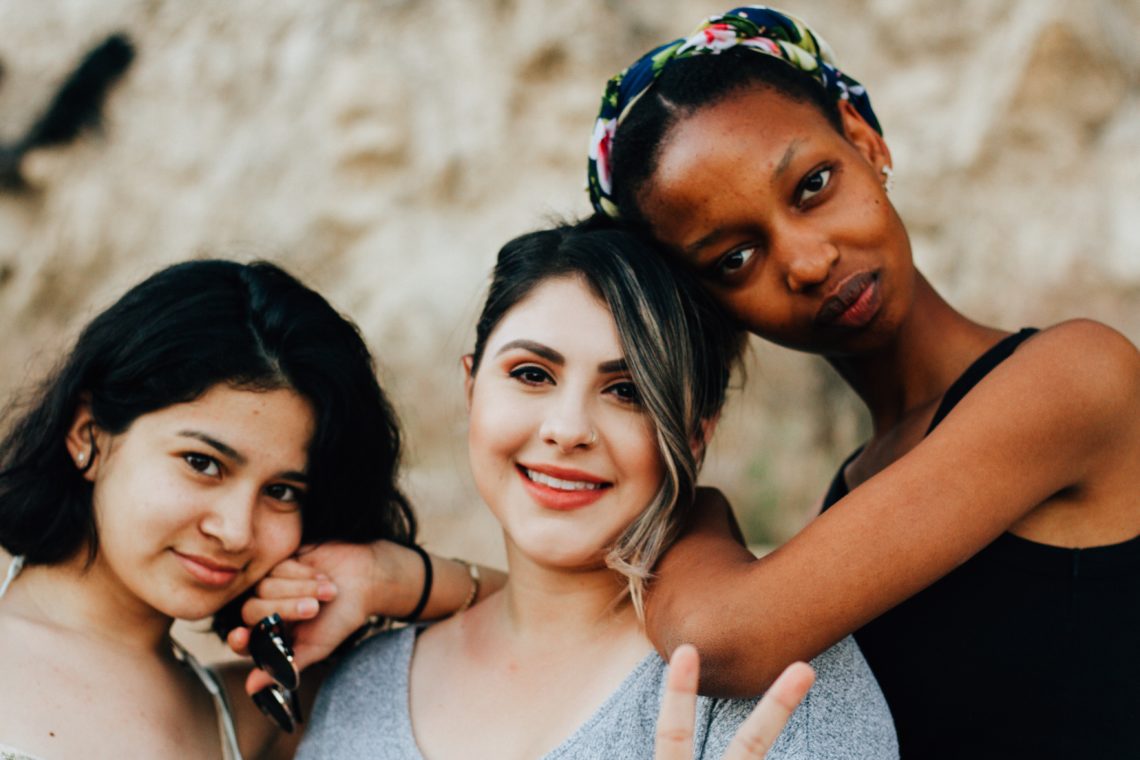Recently there has been a celebration of angry, nasty women. Well, angry, nasty, white women. For Black women, not so much. There is a lot of history to this.
This post was born from a discussion with a friend. It was regarding a facebook group she moderates which covers a multitude of multicultural issues mostly from the pov of women, many of whom are moms, straddling at least two cultures themselves. To be clear I am coming at this from a Black, American, non-immigrant perspective.
For PoC, particularly African Americans, and especially AA women, being friends, lovers, or family members with white people typically (not always!) involves a lot of discomfort. A lot of smiling and ignoring ignorance or experiencing pushback when we try to educate or just share our experiences. The assumption of good intentions and the acceptance that those intentions somehow trump our painful consequences.
On top of this is the issue that few people outside of other American Black folks, and that includes Black immigrants to the US, have an in depth understanding of the complicated nature of our pain as African Americans. Not to say that the pain is more or less, just different. There is a place between African and American where American Black people live. A place of always being other, of never being normal, of never being home.
The phrase “calling it like I see it” came up. Personally, I give this statement the same side eye as “honest opion”. Our perceptions are flawed. People forget that what we see, much less feel, though it may be *our* truth is not *the* Truth. As we discussed in the Black Introverts group to which I belong, these phrases and those like them too often preface statements of cruelty and ignorance. As the saying goes, you have a right to your opinion but I have no obligation to respect that opinion. Frankly, I would rather have someone’s informed, educated, and empathetic opinion than their honest one.
Like women just about anywhere, certainly everywhere I have lived, I have had the experience of having my justified anger weaponized against me. As women too often our rage is shamed and we are demonized and dismissed. As Billie Jean King wrote in response to the recent kerfluffle surrounding Serena Williams, “When a woman is emotional, she’s ‘hysterical’ and she’s penalized for it. When a man does the same, he’s ‘outspoken’ and there are no repercussions.” He may even be rewarded. A more poignant example is Professor Blasey Ford’s calm in the face of the sputtering rage of her accused attacker. Women, even now, are punished for our anger.

This is even more true for Black women. The anger of Black women is viciously stereotyped in the Sapphire caricature, which has been around for literal centuries. It portrays black women as rude, loud, malicious, and angry and it is everywhere. In both Black and white media. To make matters worse almost every emotion of Black American women is viewed as rage. Even prostrate with tears we are viewed as angry. An anger that isn’t seen as legitimate or warranted. The stereotype strips the humanity from Black women denying us a full range of emotions. As writer Victoria Uwumarogie puts it, “WOC are not allowed to exhibit the same violence that’s been inflicted upon them.”
Because as soon as we speak up we’re seen as a threat we shrink ourselves. We supress our emotions attempting to always appear chilled out, laid back, or stoic to make other people feel comfortable. This is especially true when dealing with white fragility or the white tears of white women. The resulting stress is killing us. WoC in the US have higher rates of cancer, heart disease, obesity, and addiction with Black women suffering higher rates in almost every category.
Women get angry. Women of color get angry. Black women get angry. It’s okay to get angry. To feel rage. Even for us. Especially for us.
So, when conversing with a WoC who is exhibiting signs of being angry and you feel the urge to police that anger take a pause and ask yourself why. Anger can perfectly reasonable in certain situations. Unless you want to escalate things try not to react to anger with anger. Don’t internalize it, don’t take it personally, and don’t make it personal.
If you still want to say something use “I” statements:
I am uncomfortable.
I want to understand what you are trying to say.
I need time/space to process this.
Using I-statements means taking responsibility for the way you feel instead of blaming the other person.
Be empathetic. Understand where we are coming from. Know where you want to go.
